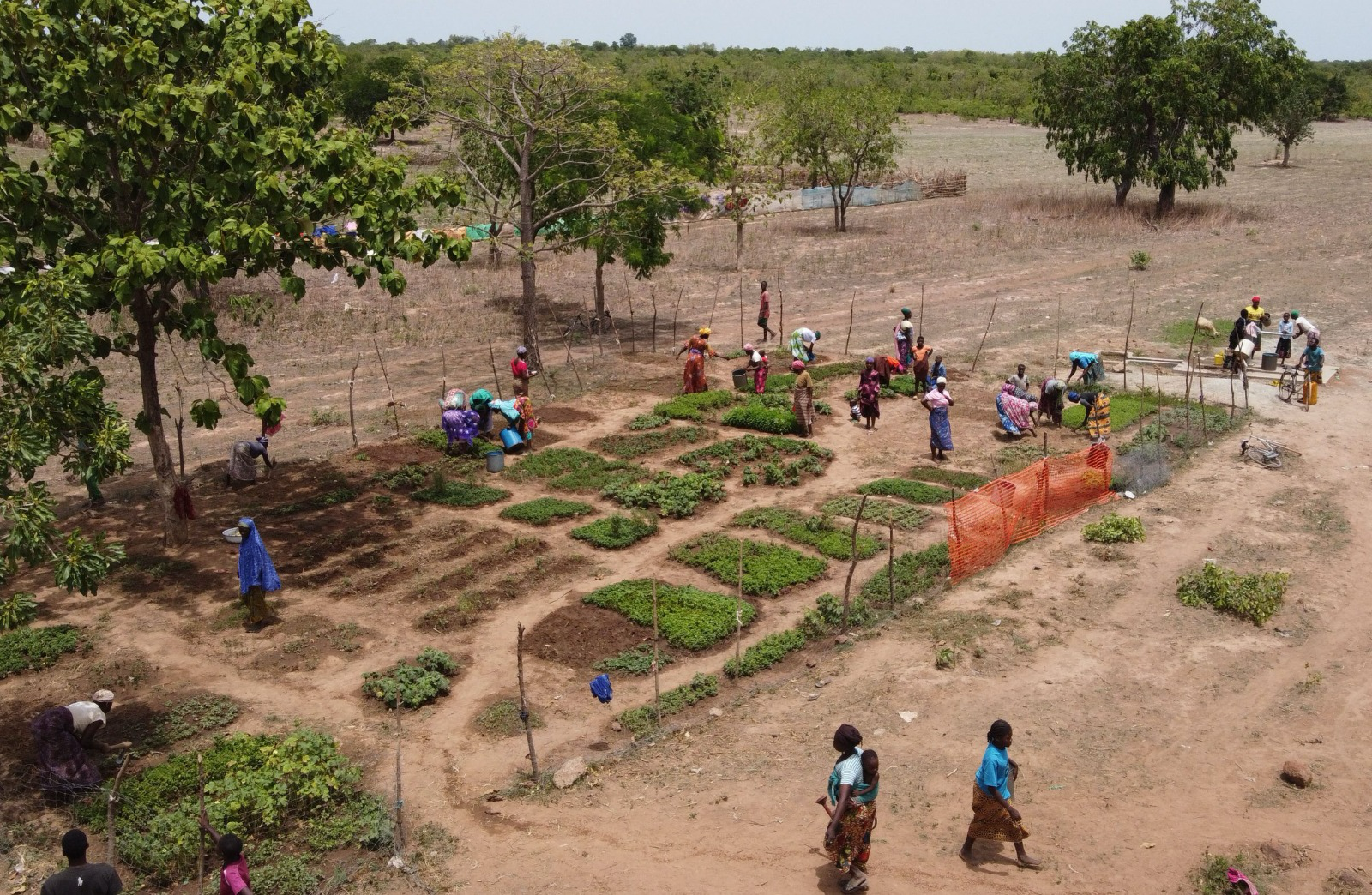Ending hunger, one household farm at a time – Nsemkeka
Wednesday, May 28, was celebrated as World Hunger Day 2025. The day is marked every year to encourage everyone in the world to take one action or the other to help end hunger and malnutrition. According to The Hunger Project, over 343 million people across 74 countries worldwide are experiencing acute food insecurity, and the situation is being exacerbated by climate change.
The theme for this year’s celebration, “Sowing Resilience”, aims to draw attention to the growing impact of climate change on food insecurity and emphasise the need to invest in resilient food systems. Extreme weather events such as droughts, floods, and heat waves are disrupting food systems and driving up food prices, making it harder for millions to afford nutritious diets. According to the World Food Program (WFP), more than 1 million people in Ghana face food insecurity, and 1 million children under the age of five suffer from chronic malnutrition.
The Hunger Project recommends the following actions as steps individuals and institutions could take to help end world hunger. First, buy directly from local farmers. What you eat and where you shop can support sustainable food systems. Choose to buy directly from local farmers so they can earn more money and be empowered to continue growing food. Second, urge government and other stakeholders to invest in climate-resilient agriculture. Public policies and funding that promote sustainable farming, soil regeneration, and water conservation are essential to helping small-scale farmers adapt to the impacts of climate change. Third, support programs that empower small-scale farmers to adopt climate-smart agriculture. Providing training, resources, and innovative techniques like agroforestry, drought-resistant crops, and efficient irrigation enables farmers to produce food sustainably in the face of a changing climate.
I would want to add a fourth suggestion. Let’s all engage in household farming. Let’s take advantage of any small piece of land near our homes to grow vegetables and other crops. No matter how small the space, we can all play a part in growing our own food. Let’s make use of every little patch of land around our homes, whether it’s a backyard, a front yard, or even a few containers on the veranda, to grow food. Through this, we would be able to harvest fresh, healthy produce for some of our daily meals, save money, improve family nutrition, and protect the environment through sustainable, low-impact practices.
Household farming is well aligned with the new government’s Feed Ghana Program. When President John Mahama launched the program in Techiman a few weeks ago, he said, “Everybody will be encouraged to get some land near your house or behind your house and have a garden where you grow tomatoes, garden eggs, okra, onions, and pepper.”
“We have done this before. For those of you who grew up during the Operation Feed Yourself years, you remember that your parents used to have backyard gardens. And so, when you went there to pound fufu, sometimes you didn’t have to go to the market. You just go into the garden, you take some pepper, some onion, tomato, and then go and make the soup and pound the fufu,” President Mahama added.
There have been other programs aimed at encouraging household gardening in recent times that will be worth acknowledging. The “One Household, One Garden” initiative, rolled out by Agrihouse Foundation and AGRA, supported households in northern Ghana to establish vegetable gardens to augment their diets. The foundation offered practical training on essential gardening techniques such as soil sterilisation, seed sowing, and transplanting. They also distributed 11 different types of vegetable seeds, as well as watering cans, Wellington boots, fencing materials, compost, organic pesticides, and other materials to residents, to establish their gardens.
“It was more of a COVID response, and it became a national crave because everybody was looking forward to how they can grow their own food and eat their own food… Now everybody is adopting home gardening,” founder of Agrihouse Foundation Alberta Nana Akyaa Akosa, observed.
Portia Asunda, who is one of the women beneficiaries of the project in the Bawku West District, said the initiative improved their diets and helped them raise additional income. “We have really benefited a lot from this because in the dry season, it’s hard to get vegetables. It is very expensive. But now that they have brought us this garden, we have our own okra, everything is cheap for our women,” she said. “They can use it to cook for their children, and they can even send some to the market and sell and get income to be able to put in the susu box or the village savings, so that at the end, they can pick and help themselves,” she added.
Others have benefited from household farming. So, let’s all turn every backyard, balcony, and empty plot into a source of nourishment and hope. When we embrace household farming, we can take charge of our food, improve our nutrition, and build a more resilient future. Start small, grow strong, and be part of the solution.
*******
The author, Dr. Joseph Opoku Gakpo, is a Food Systems Policy Expert.

